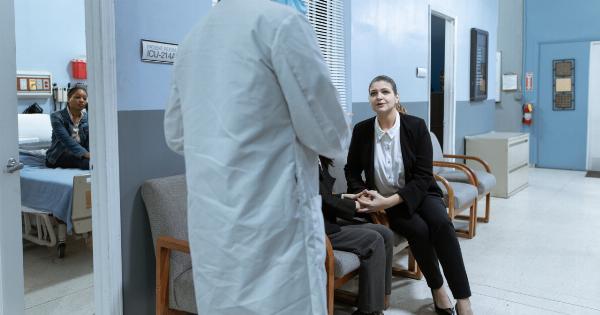Medications are powerful tools that can help manage a variety of health conditions and improve overall well-being.
However, when not taken correctly, medications can lead to adverse effects, potentially worsening the condition or even posing serious health risks. Unfortunately, many people unintentionally make errors when it comes to taking their medications, which can result in suboptimal treatment outcomes.
In this article, we will explore some common errors that people make while taking medications and provide insights on how to avoid them for better health and safety.
Misreading Prescription Instructions
One of the most prevalent errors people make is misreading prescription instructions. Whether it’s due to lack of attention or poor vision, misinterpreting the recommended dosage or frequency of administration can lead to serious consequences.
It is crucial to ensure that you understand the instructions provided by your healthcare professional. If necessary, don’t hesitate to ask for clarification or written instructions.
Skipping or Forgetting Medications
Skipping or forgetting medications is an all-too-common mistake that can compromise the effectiveness of treatment. Life can get busy and hectic, making it easy to overlook doses or intentionally skip them due to forgetfulness or inconvenience.
However, inconsistent medication use can disrupt the therapeutic effects and result in worsening symptoms or relapse. Establishing a routine and using reminders, such as alarms or smartphone apps, can help minimize these errors.
Not Following Storage Guidelines
Proper storage of medications is crucial to maintain their effectiveness and safety. Yet, many people neglect to adhere to storage guidelines, potentially compromising the stability of the medications.
Factors such as temperature, humidity, and exposure to light can degrade medications, rendering them less potent or even harmful. Always store medications as instructed on the packaging or consult with your pharmacist if you have any doubts.
Overlooking Drug Interactions
When taking multiple medications or using over-the-counter drugs along with prescribed medications, it is essential to be aware of potential drug interactions.
Some medications can interact with each other, leading to reduced effectiveness, increased side effects, or dangerous complications. Always inform your healthcare provider about all the medications you are using, including supplements, so they can guide you accordingly and make necessary adjustments.
Not Finishing the Full Course
Completing the full course of prescribed medications is vital for effective treatment. Despite feeling better, many individuals stop taking their medications prematurely, assuming that their condition has resolved.
However, some infections or health conditions require a full course of treatment to completely eliminate the underlying cause and prevent relapses. Always consult your healthcare provider before discontinuing any medication regimen.
Sharing Medications
Sharing medications with others, even if they have similar conditions, is never recommended. Everyone’s medical history and response to medications can differ significantly. What works well for one person may not be suitable or safe for another.
Sharing medications can lead to unexpected adverse reactions, inadequate dosing, or potential drug interactions. Always encourage others to consult their healthcare provider for appropriate treatment.
Crushing or Splitting Medications
Breaking, crushing, or splitting medications without proper guidance can be hazardous. Some medications are formulated to release gradually or have specific coatings that enable them to be absorbed correctly.
Altering the form of a medication can change its efficacy, release rate, or even render it ineffective. If you struggle with swallowing tablets or have difficulty administering a medication, consult with your healthcare provider or pharmacist for alternative options.
Ignoring Side Effects
Every medication comes with the potential for side effects. While most are mild and resolve on their own, some can be severe or indicate an adverse reaction.
Ignoring or dismissing side effects can be dangerous, as they might hint at a need for dose adjustment or a potential drug intolerance. Always report any unusual symptoms or side effects to your healthcare provider to ensure the appropriateness of your medication regimen.
Not Checking Expiration Dates
Using medications past their expiration dates can be risky. Expired medications may not provide the desired therapeutic effect or may even pose health risks due to chemical breakdown or contamination.
Always check the expiration dates before taking any medication and dispose of expired medications properly as recommended by your local guidelines.
Not Communicating with Healthcare Providers
Open and effective communication with your healthcare provider is crucial for safe and optimal medication use.
Many people make the mistake of withholding important information, such as changes in their overall health, new symptoms, or non-prescription drug use. It is essential to inform your healthcare provider about any relevant details to ensure appropriate treatment and minimize the risk of potential errors.
Conclusion
Taking medications correctly is essential for achieving desired treatment outcomes and maintaining health.
By being mindful of potential errors and taking appropriate precautions, individuals can optimize their medication use and minimize the risk of adverse effects. Remember to carefully read prescription instructions, store medications correctly, avoid drug interactions, complete full courses, and communicate openly with your healthcare provider.
Small actions can make a big difference when it comes to medication safety and efficacy.





























